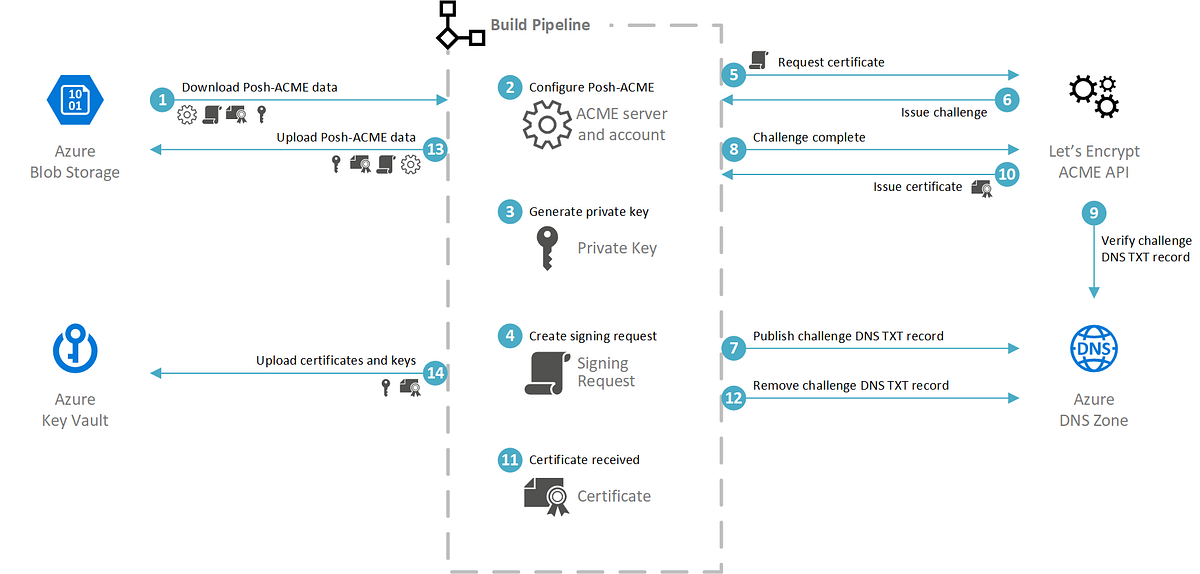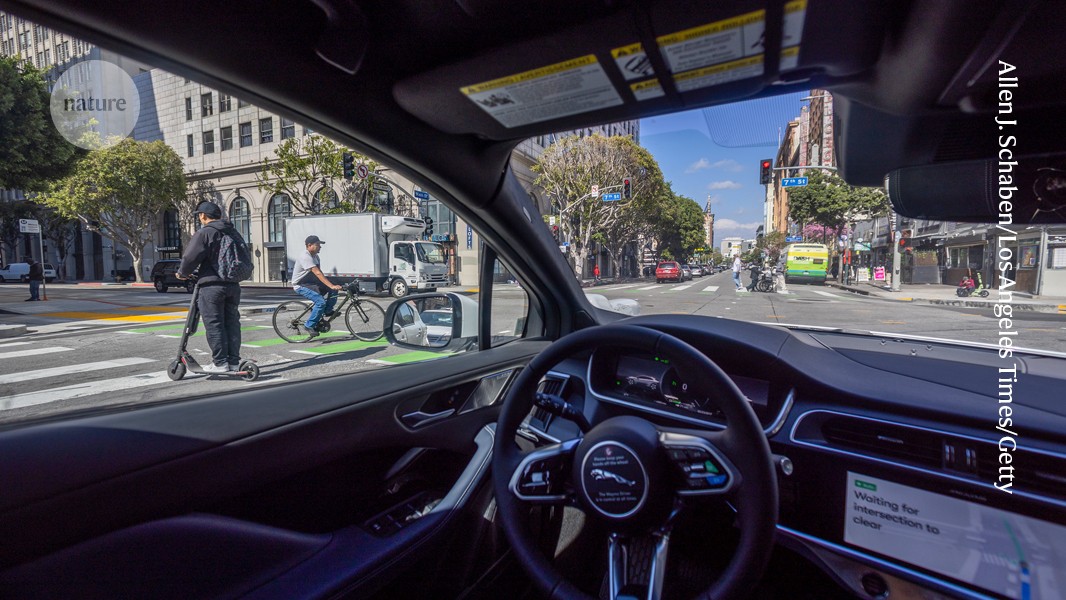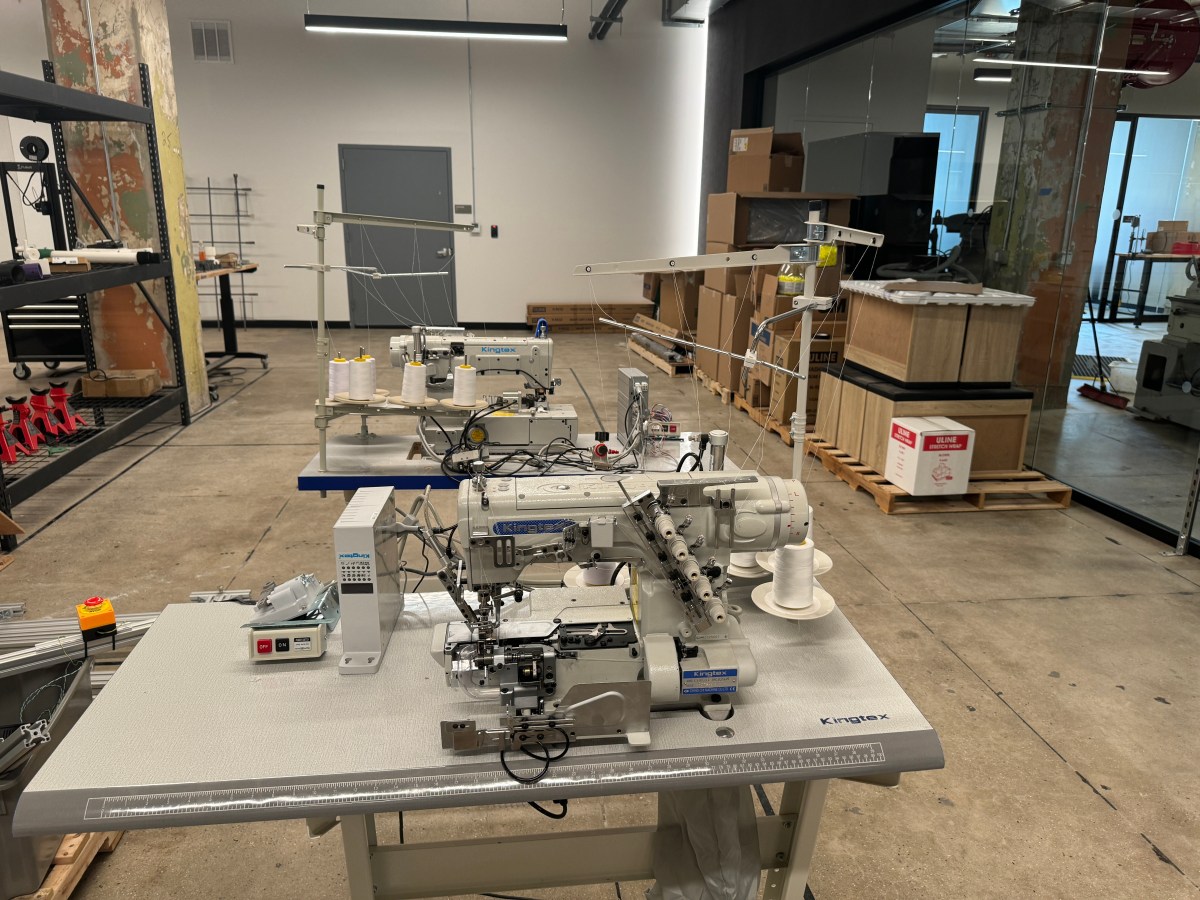
Justitia ex Machina: The Case for Automating Morals
Machine Learning is a powerful technique to automatically learn models from data that have recently been the driving force behind several impressive technological leaps such as self-driving cars, robust speech recognition, and, arguably, better-than-human image recognition. We rely on these machine learning models daily; they influence our lives in ways we did not expect, and they are only going to become even more ubiquitous.
Consider a couple of example machine learning models: 1) Detecting cats in images 2) Deciding which ads to show you online 3) Predicting which areas will suffer crime, and 4) Predicting how likely a criminal is to re-offend. The first two seem harmless enough. Who cares if the model makes a mistake? Number three, however, might mean your neighborhood sees little police or too much, and number four might be the deciding factor in granting you your freedom or keeping you incarcerated. All four are real-life examples, Google Image Search, Google Ads, PredPol, and COMPAS by Northpointe.
In the following post, we will discuss two complex and related issues regarding these models: fairness and transparency. Are they fair? Are they biased? Do we understand why they make the decisions they make? These are crucial questions to ask if machine learning models play important parts in our lives and our societies. We will contrast this to humans who are the decision-makers these models are assisting or outright replacing.
























